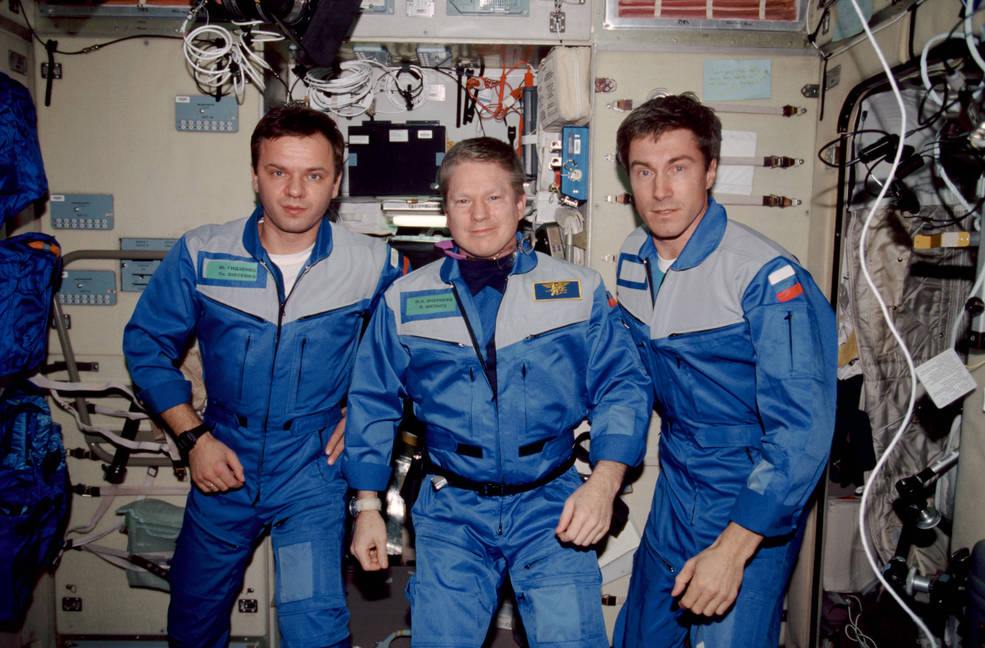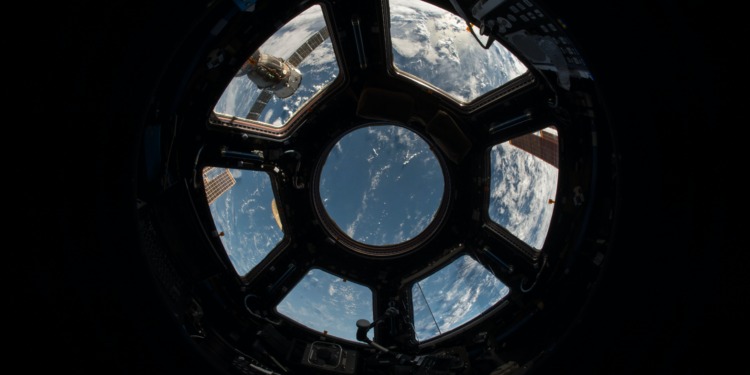On May 22, four private astronauts safely arrived at the International Space Station (ISS). This Axiom–SpaceX mission known as “Ax-2” could, however, be one of the last ones to the ISS, as the station is set to deorbit in 2031.
With over 25 years orbiting Earth, the ISS is getting too old to be used any longer, and in eight years, it will orbit Earth for one last time.
While this seems like the end of an era, the end of the ISS will open up space for private companies and new technologies.
Looking back at what the ISS achieved
In 1998, Russia and the United States merged the first two components of the ISS. Then in 2000, the first crew consisting of one astronaut and two cosmonauts were sent to the station to bring it to life.

After the cold war and the fall of the Soviet Union, this joint project was sure to enter into the history books. Throughout the years, the ISS has hosted 266 visitors from 20 countries and has been continuously occupied since 2000.
Cathleen Lewis, a National Air and Space Museum curator, commented that: “It leaves behind this notion that despite our obsession with nationalism and borders, we are capable of cooperating.”
With the new tensions between the West and Russia since the Ukraine War, Russia announced in 2022 that it would leave the ISS in 2024.
Despite Russia planning to leave the ISS and the station shutting down, multinational cooperation in space will not end. As Josef Aschbacher, Director General of the European Space Agency (ESA), said: “We are very keen on finding a way to continue after the end of the ISS.”
In the last 25 years of international space collaboration, scientists have performed experiments that would not be possible on Earth. Among them were numerous discoveries, new technologies and scientific breakthroughs. Many of these, such as tests on cancer treatments or new water purification systems, have proved essential for science in space and on Earth.
However, some criticise that the ISS has cost too much and achieved too little scientifically. Astronomer Royal, Sir Martin Rees, stated:
“For a start, the scientific returns have been meagre. We have learned a bit about how the body reacts to spending long periods in space, and we have grown a few crystals in zero gravity, but that is in no way commensurate to the tens of billions of dollars that have spent on the ISS. Really, the station only makes news when its toilets get blocked or an astronaut sings while floating about with a guitar.”
The US spends around $3-4 billion annually on maintaining the ISS. Furthermore, as of 2010 its total costs had already been more than $100 billion.
What are the future plans?
NASA plans to crash the station into the ocean in early 2031, as the ISS is too big to be left burning in Earth’s atmosphere. Around $1 billion will be needed to be able to achieve this project.
Related Articles: Why Biomining Could Be The Future Of Space Society | Space Junk: Has Earth’s Orbit Become Our Scrap Yard? | First All-Civilian Crew Goes to Space | NASA’s Return to the Moon on Hold
However, many in the space industry see the crashing of the station as a missed opportunity to recycle and reuse parts of the ISS. So far, NASA has not discussed any plans to repurpose the space station before it deorbits.
Since the decision to shut down the ISS, many private companies have launched projects to open up commercial space stations. Most recently, Vast, an American aerospace company, has announced its plans to open up the first commercial space station in cooperation with SpaceX, set for launch no earlier than 2025.
Announcing the Haven-1 and Vast-1 missions to low-Earth orbit. Launched by @SpaceX, Haven-1 is scheduled to be the world’s first commercial space station and will be visited by a crew of four aboard a Dragon spacecraft during Vast-1 → https://t.co/ToxFSiyQJj pic.twitter.com/YSPrM9Krtr
— VΛST (@vast) May 10, 2023
Axiom Space is also working on a commercial space station, hoping to rent it to paying customers. They plan to launch in 2025, attach their station to the ISS, and build it up over time.
Vast and Axiom are among several companies working on new space stations, some with the support of NASA. In the future, there will likely be multiple space stations orbiting Earth, all owned by private companies.
These stations will then be able to be rented by space agencies such as NASA or ESA. Creating a business opportunity for companies and potentially saving costs for space agencies. NASA calls this creating a “Low-Earth Orbit (LEO) Economy,” and is actively working on commercialising space.
Undeniably, space travel is an expensive business, and private companies will have to find ways to make space profitable.
In its ISS Transitioning Report NASA states: “NASA will be able to transfer its knowledge and experience from over 20 years of ISS operations to the private sector, while the companies will be able to quickly mature innovative and cost-effective designs.”
As can be seen in SpaceX’s and Axiom’s recent mission to the ISS, people can now pay for a seat on spaceships. Projects like these could open up the possibility of space tourism.
With NASA outsourcing the keeping of space stations to private companies, it can increase its focus and funds on its other missions, such as bringing humans back to the moon or further exploring Mars. This could open opportunities for new discoveries and milestones in space travel.
Editor’s Note: The opinions expressed here by the authors are their own, not those of Impakter.com — In the Featured Photo: Cupola Window on the ISS. Featured Photo Credit: NASA.










